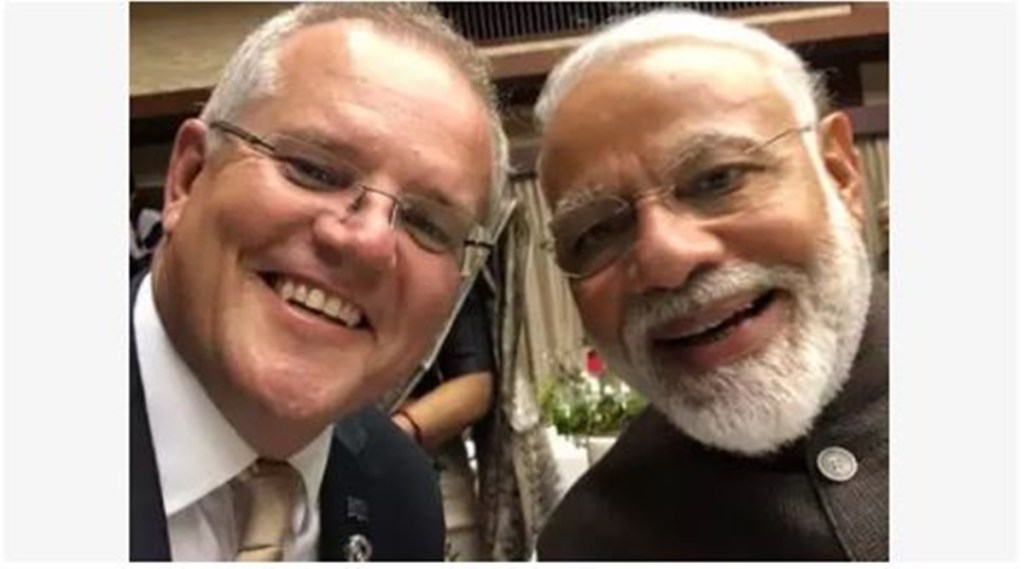During the second India-Australia virtual summit, leaders of both countries expressed that the ongoing Russia-Ukraine conflict should not be a reason for diverting attention from the Indo-Pacific Region. Briefing the media at the end of the summit, foreign secretary Harsh Shringla said that Prime Minister Scott Morrison expressed his understanding of India’s position on the crisis. The two leaders felt that the conflict should not be a reason for diverting attention from the Indo-Pacific.
According to the foreign secretary, the invasion of Ukraine by Russia figured in the talks between the two Prime Ministers of India and Australia, and Mr Morrison expressed understanding of India’s position on the issue.
Responding to a question, he said during talks between the two leaders, serious concern about the ongoing conflict and humanitarian situation was expressed, and both leaders highlighted the need for cessation of hostilities and violence in Ukraine.
Line of Actual Control & China
The two leaders, according to Mr Shringla, also shared concerns over terrorism and during talks PM Modi also referred to the situation in eastern Ladakh.
PM Modi told his counterpart that “Peace and tranquility in the region is crucial for normalization of ties with China.”
Speaking particularly about the South China Sea, the Australian leader shared a detailed perspective on how he saw China and its actions in the region.
India’s position on the Russian-Ukrainian crisis
India is the only country from the QUAD grouping which has not condemned the Russian invasion of Ukraine. In the three telephone calls with President Vladimir Putin, PM Modi has urged him to resolve them through dialogue and diplomacy.
Funds
Also, the two leaders agreed that there will be an increase in the cooperation between India’s National Investment and Infrastructure Fund and Australia’s Pension and Sovereign Fund.
Why is this important?
Foreign secretary said “This is important, because of our interests in attracting Australian investments for infrastructure development.”
India is going to offer the same tax benefits for Australia’s Pension and Sovereign Fund here as given in Australia.
Critical minerals pact
On Monday the two countries agreed to boost cooperation in a very important area such as minerals. To reduce its dependence on China, India is looking towards Australia which has the largest reserves of critical minerals like cobalt, lithium, and vanadium. These are very important for manufacturing electric cars, mobile phones, satellites, solar panels and other hi-tech applications.
The Australian side unveiled investments of Aus$ 280 million ( ₹1,560 crore) to drive collaboration in areas such as clean technologies, space and innovation.
India and Australia signed a Memorandum of understanding (MoU) that was between India’s Khanij Bidesh India Ltd (KABIL) and Australia’s Critical Minerals Facilitation Office. The MoU will establish a framework for joint investments in Australian projects to mine these important minerals.
According to the foreign secretary India will get a chance to invest in that country’s mineral sector and also get expertise in this area.

